Last month to shop K-Beauty on STYLE STORY. We’re moving to K-Beauty consultancy. Details
Menu
Fermented Korean Skincare 101
October 05, 2024

Fermented Korean Skincare 101
The rise of Korean beauty has introduced us to a host of new beauty trends. Some, like snail mucin, you've undoubtedly heard of. But another obsession that Korea is also famous for is fermentation.
It turns out that the land that bought us kimchi (fermented cabbage) is also excellent with fermenting skincare.
Read on for what you need to know before diving into this trend.
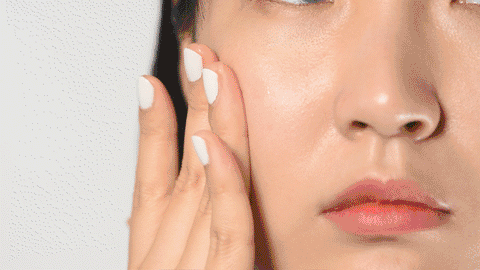
Why Fermented Skincare?
With a history stretching back to the Joseon Dynasty, Korea's obsession with fermentation is more than just a passing fad. In fact, fermented ingredients have been a staple part of not only Korean cooking, but also Korean skincare for hundreds of years.
Known for their ability to target everything from inflammation to a weak skin barrier, fermented ingredients are in some of K-Beauty’s best loved products.
What is Fermented Skincare?
Fermentation is the process during which ingredients are broken down into smaller molecules. Think of it as a series of reactions that convert sugars to other substances (i.e. grapes to wine, one of our favs!) It's also the process behind Korea’s staple food, kimchi
Because fermentation breaks ingredients into smaller molecules, the skin is more easily and effectively able to absorb them. Popular K-Beauty ferments include fruits, herbs, rose flowers and yeast.

Fermented Korean Skincare 101: What Are The Benefits Of Fermentation?
Fermented skincare offers several benefits:
- First, the fermentation process assists the ingredients to be better absorbed by the skin;
- Second, it reduces the risk of irritation. This is because fermentation neuralises toxic substances like metals and pesticides, which are found in raw ingredients. The fermentation process also skips preservatives, which is good for those suffering from irritated skin.
- Third, fermentation increases the nutrient density of the ingredients, making the product’s natural ingredients more powerful.
- Finally, fermented products are loaded with natural anti-oxidants and anti-inflammatories. This can assist in increasing the natural turnover rate of skin cells, which is helpful for a variety of skin issues.

Want to Try K-Beauty Products Featuring Ferments?
You'll find Korean Beauty products are packed full of ferments.
We’ve tried everything from galactomyces ferment filtrate to rose petals and lactobacillus!
If you're keen to see what ferments are all about, try this Overnight Serum, which contains lactobacillus ferment, an excellent ingredient for soothing the skin.
STYLE STORY – Your Go To for Korean Skincare Since 2014
Shop Now
Fermented products are loaded with natural anti-oxidants and anti-inflammatories. This can assist in increasing the natural turnover rate of skin cells
- STYLE STORY
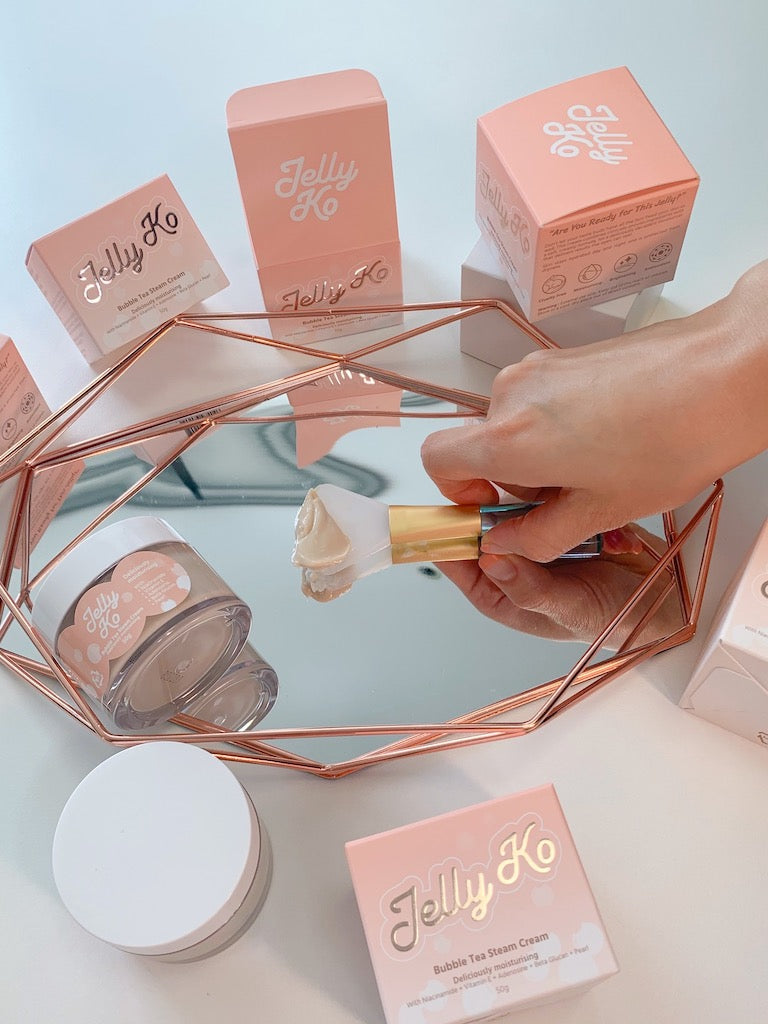
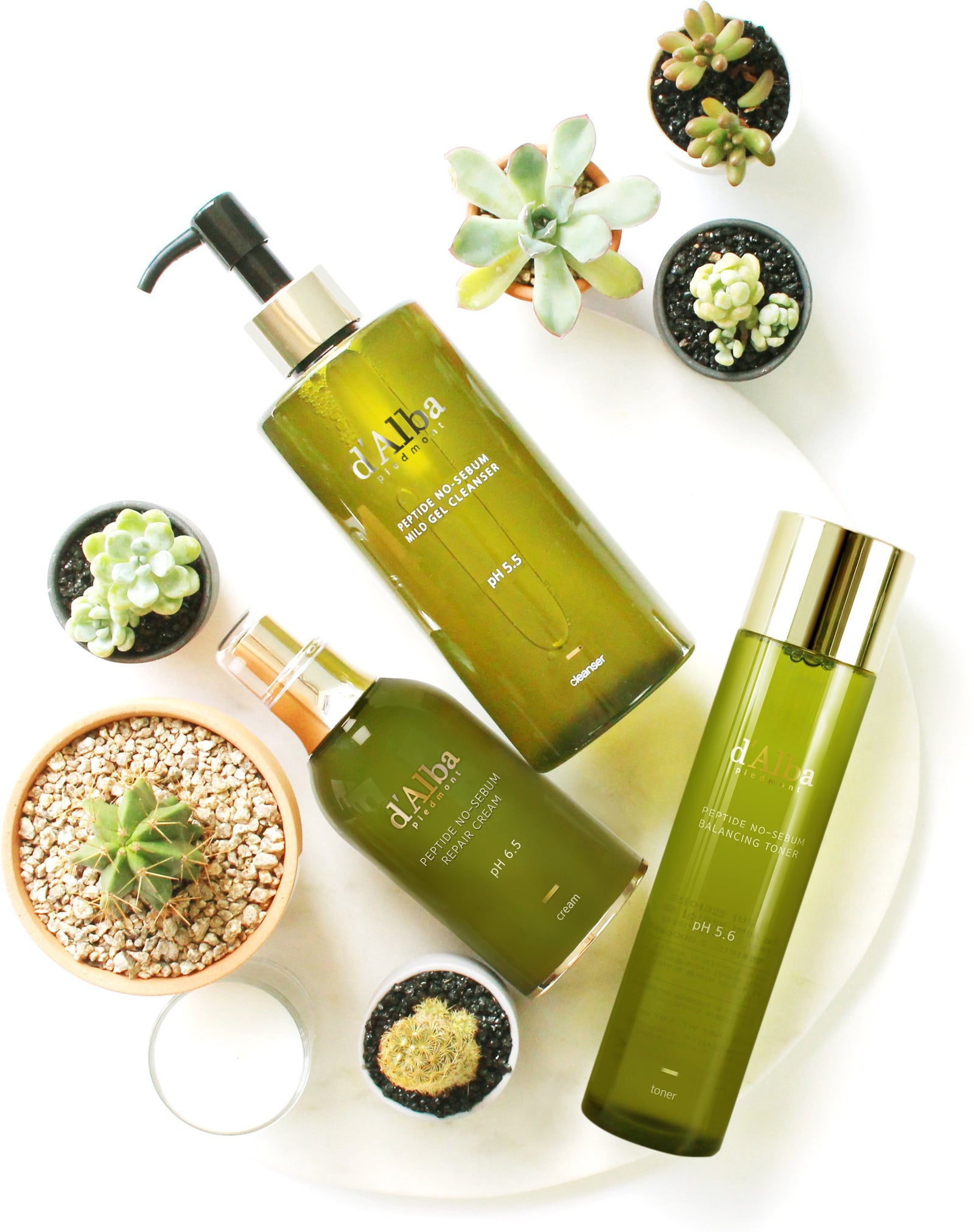
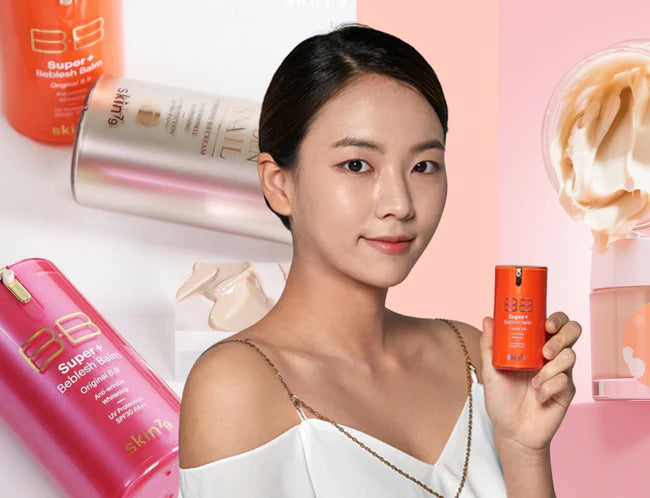
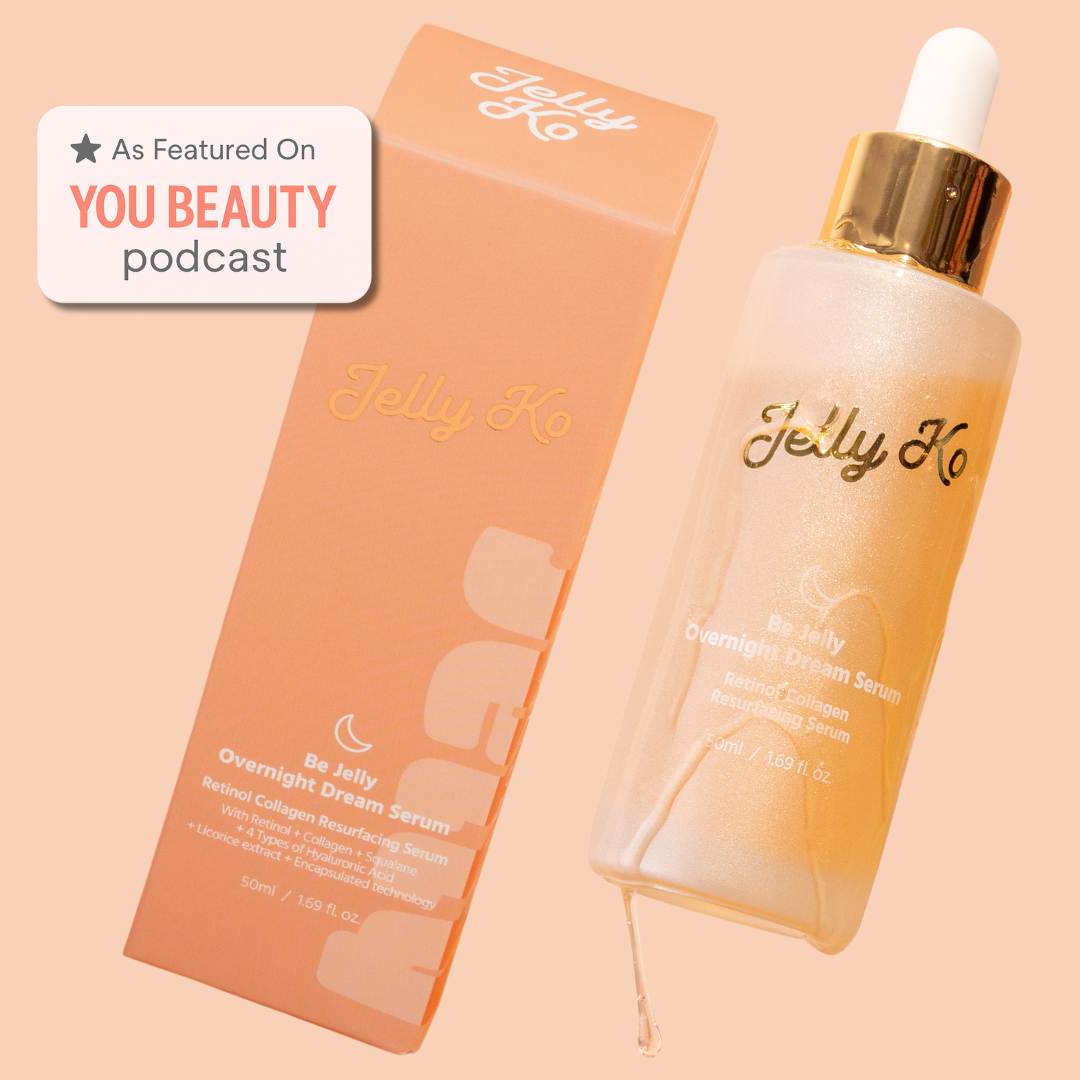
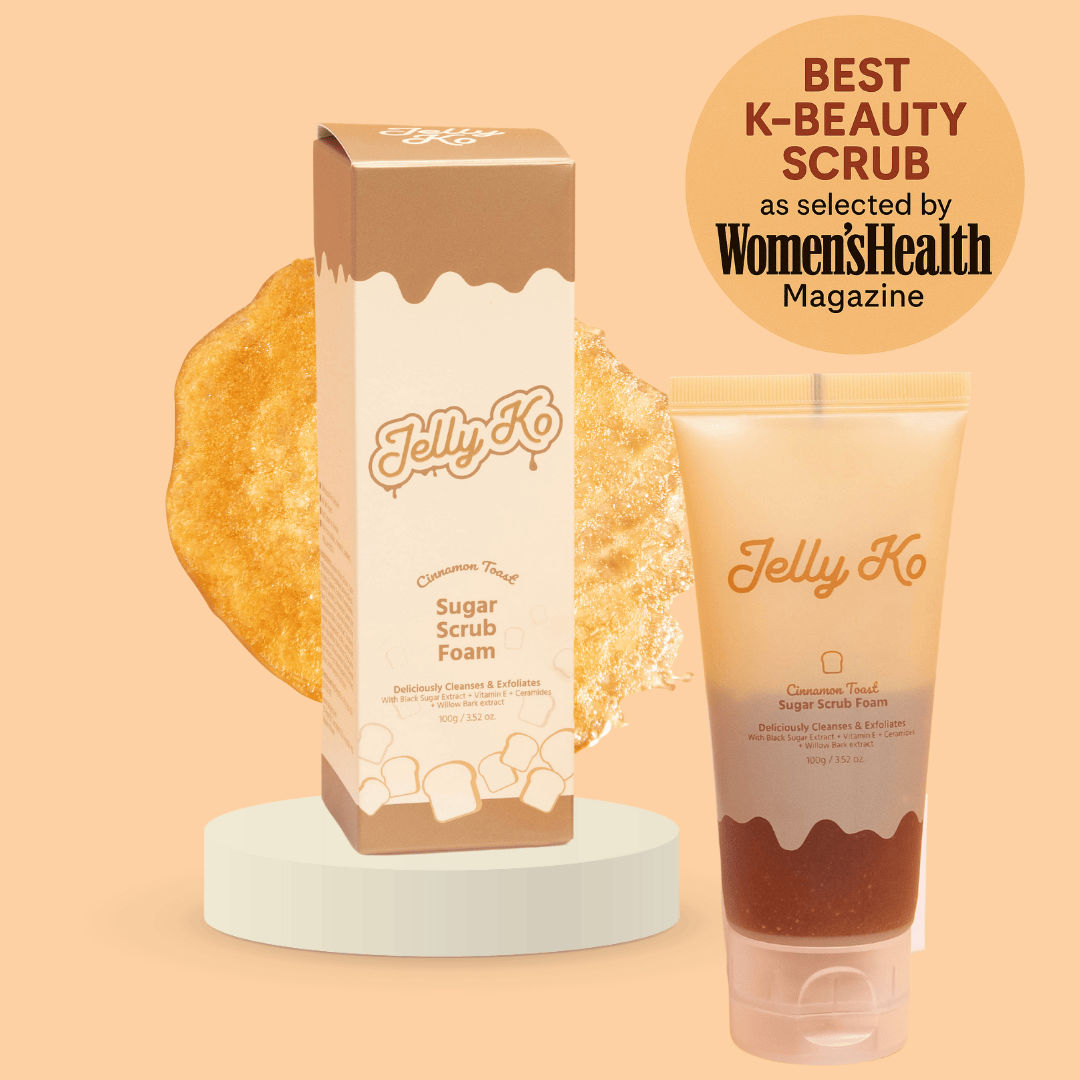
Leave a comment
Comments will be approved before showing up.